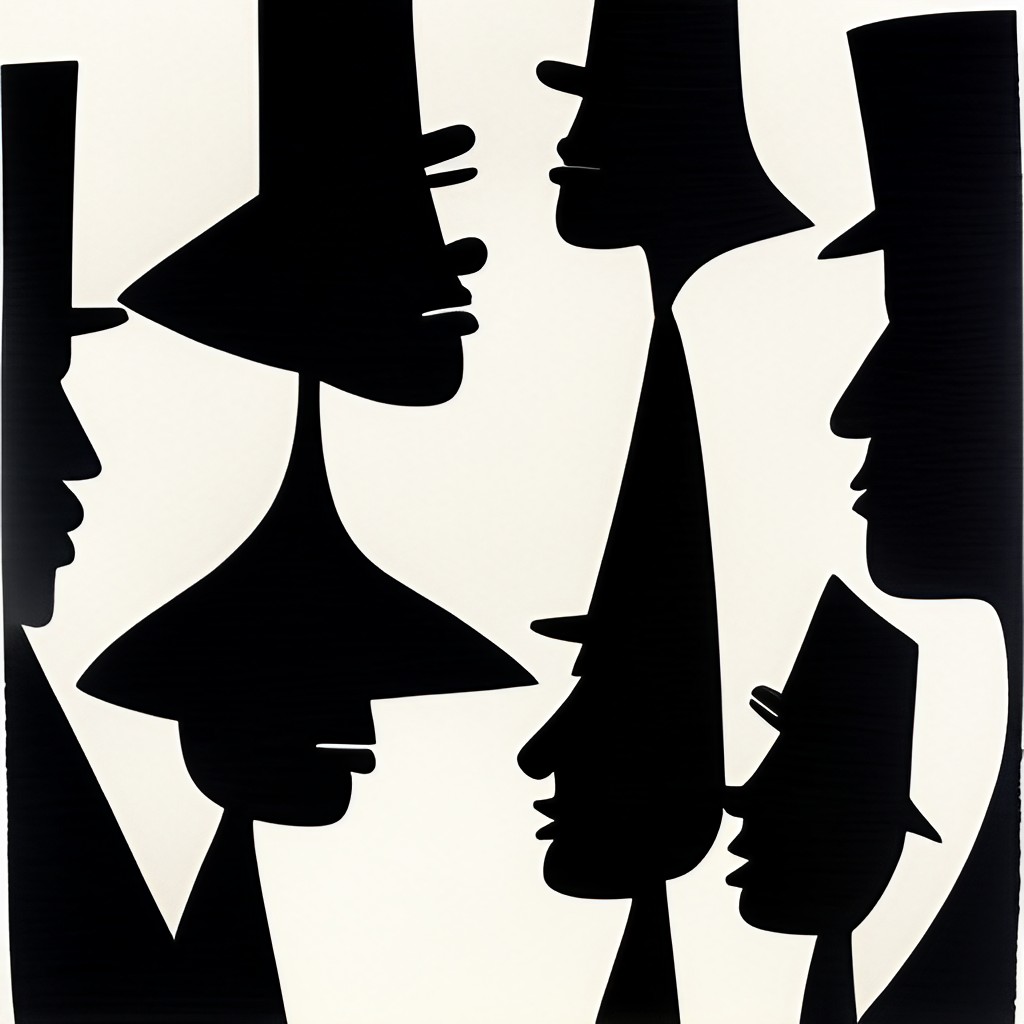Washington, DC – Mauritania ranks third in the world on the Global Slavery Index, which measures the per-capita prevalence of slavery. Despite finally making slavery illegal in 1981, and creating laws and courts to punish offenders in 2007 and 2015, Mauritania has convicted abysmally few abusers. Yet the U.S. State Department gave the country an unqualified Tier II ranking in the 2023 edition of the Trafficking in Persons report, a step up from 2022.
Grace Njagi, Policy Analyst for The Undocublack Network concluded, “Black Mauritanians in the United States have been exposing the slavery and apartheid systems that forced them to flee for years. They’ve provided video and photographic evidence of police assaults and murders of activists, attacks on peaceful protestors, and detentions of human rights defenders. The U.S. State Department must stop giving Mauritania credit for putting laws down on paper, and use its considerable leverage to force the nation to make true progress. And the Biden administration must designate this county for Temporary Protected Status. No one should be sent back to a country that will repress and enslave them.”
The Ohio Immigrant Alliance analyzed the U.S. State Department’s 2023 Trafficking In Persons report, and an “End of Mission” report from the UN Special Rapporteur on contemporary forms of slavery. The analysis concludes, “the U.S. State Department, UN Special Rapporteur, and other leaders in the International Community have given Mauritania credit for ‘talking the talk’ on combating slavery. Results would be a better measure than the existence of laws and programs that aren’t being implemented. It’s time for Mauritania to walk the walk, and for the International Community to hold them to it.”
On July 7, a coalition filed a comment to a Federal Register Notice demanding that the U.S. government continue to deprive Mauritania of trade benefits until the human rights of Black Mauritanians are actually protected. The comment and appendices are laced with frequent content warnings, due to graphic images and events carried out by Mauritanian police. It was submitted by Mauritanian Network for Human Rights in US, Undocublack Network, and Communities United for Status and Protection (CUSP), Cleveland Jobs with Justice, Global Cleveland, MountainGem Advocacy & Communications, The Willows Project (Cincinnati), and Ohio Immigrant Alliance.
Wrote the Mauritanian Network for Human Rights in US:
The Mauritanian government is an apartheid regime that has no respect for human rights. This is not new. But what is happening right now in Mauritania, especially in recent months, is just telling us that they are not backing down.
We are calling on the United States, the United Nations, and the African Union to act. Black Mauritanians are, and will always be, part of this country’s history and future. The world cannot continue to allow Mauritanian police and officials to deny us our citizenship, languages, land, liberty, and rights.
The U.S. must exert every pressure tool it has, and stop giving the Mauritanian government credit it does not deserve. We are calling on the Biden administration to continue to deny Mauritania trade benefits until the rights of Black Mauritanians are finally respected, and to designate Temporary Protected Status for Mauritania today. The U.S. must not deport people to a country where the government denies them basic human dignity because of their race.
To date, much of the International Community has accepted the narrative of the Mauritanian government, which minimizes the evidence of abuse against Black Mauritanians, including the 1980s/1990s land grabbing, mass expulsions, torture, and genocide, as well as the apartheid regime today. But the people whose loved ones were killed remember, and will not stop demanding accountability.
To illustrate how little international attention is paid to the Mauritanian genocide and today’s abuses, one of the perpetrators of the genocide, Mohamed Ould Meguett, was recently installed as president of the Mauritanian parliament. Yet beyond a few stories in smaller, French-language outlets, this news appears nowhere.
The United Nations Multidimensional Integrated Stabilization Mission in the Central African Republic (MINUSCA) nearly added Ely Zayed Ould M’barek to a peacekeeping mission, until Black Mauritanians in the diaspora rose up against the installation of this other figure of the Mauritanian genocide.
RESOURCES
- Analysis: U.S. Department of State, UN Special Rapporteur Must Enforce Accountability for Mauritania’s Superficial “Efforts” to Combat Slavery
- Letter from Sen. Sherrod Brown and Rep. Mike Carey urges President Biden to designate TPS for Mauritania
- Letter from sixty-five Members of Congress urging TPS for Mauritania, Mali, and other African nations Timeline: Mauritanian Government Attacks Black Citizens
- Comment to Federal Register Notice Regarding AGOA Benefits for Mauritania
- Black Mauritanians’ Ongoing Search for Safety
- Mauritanian “ghost boats,” economic violence, and dying to live

